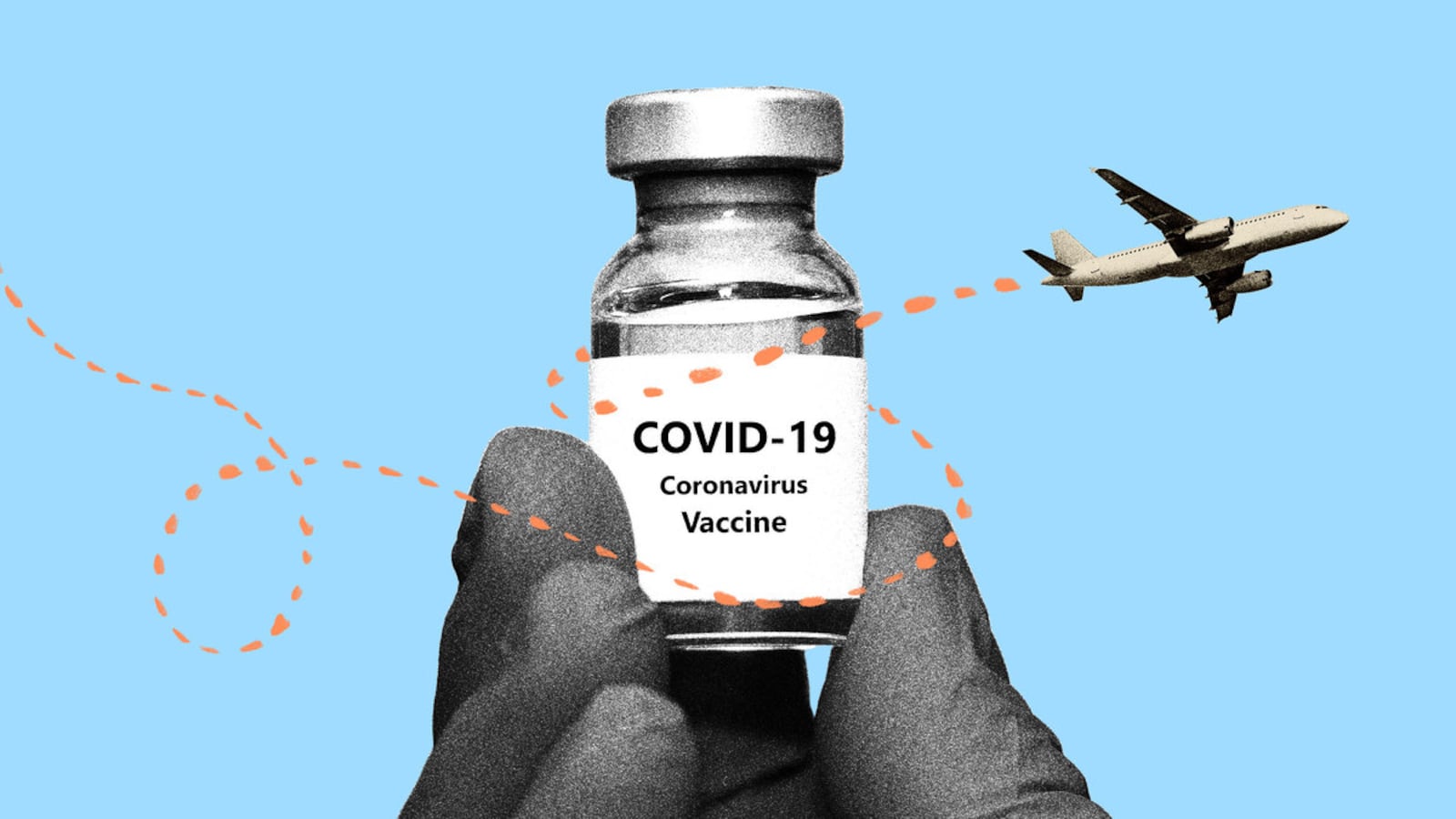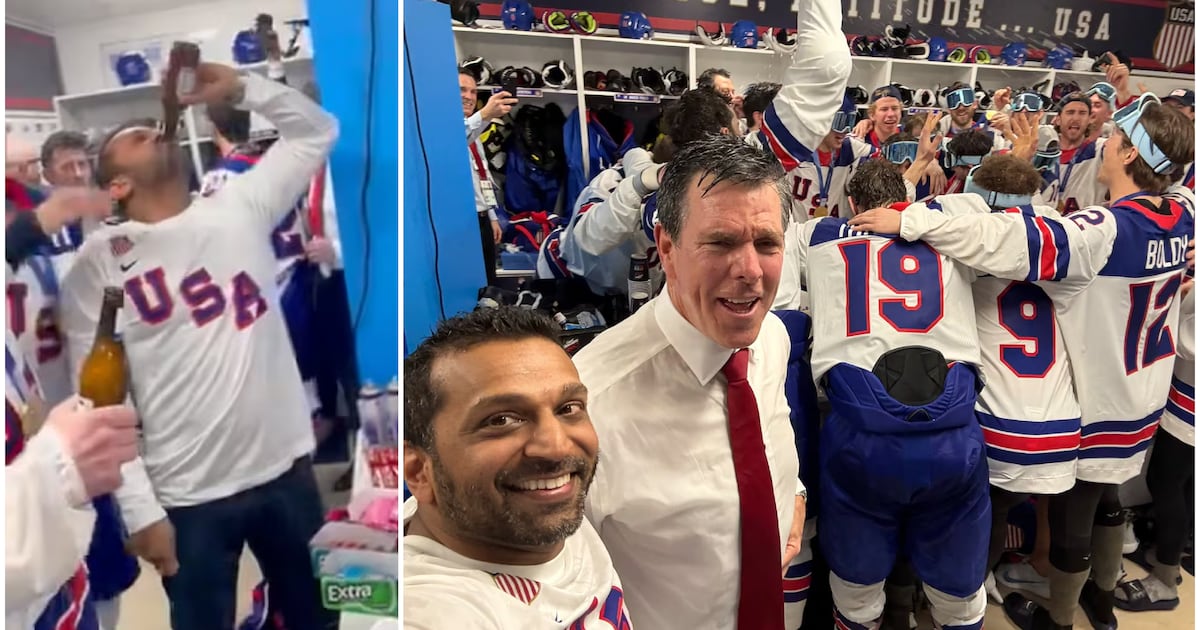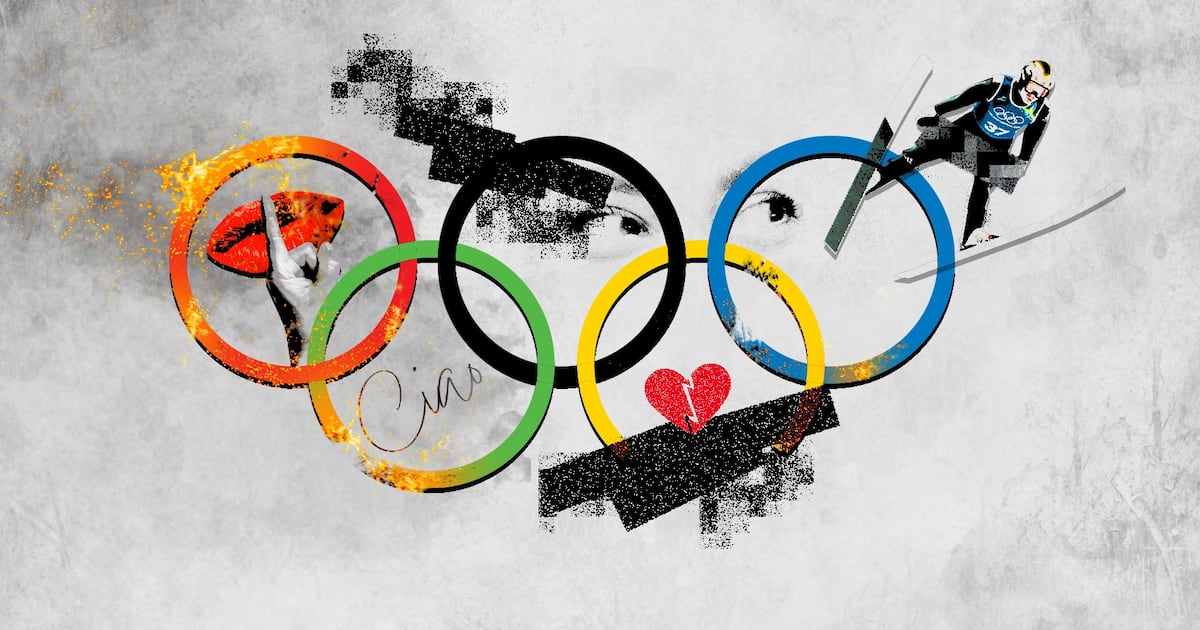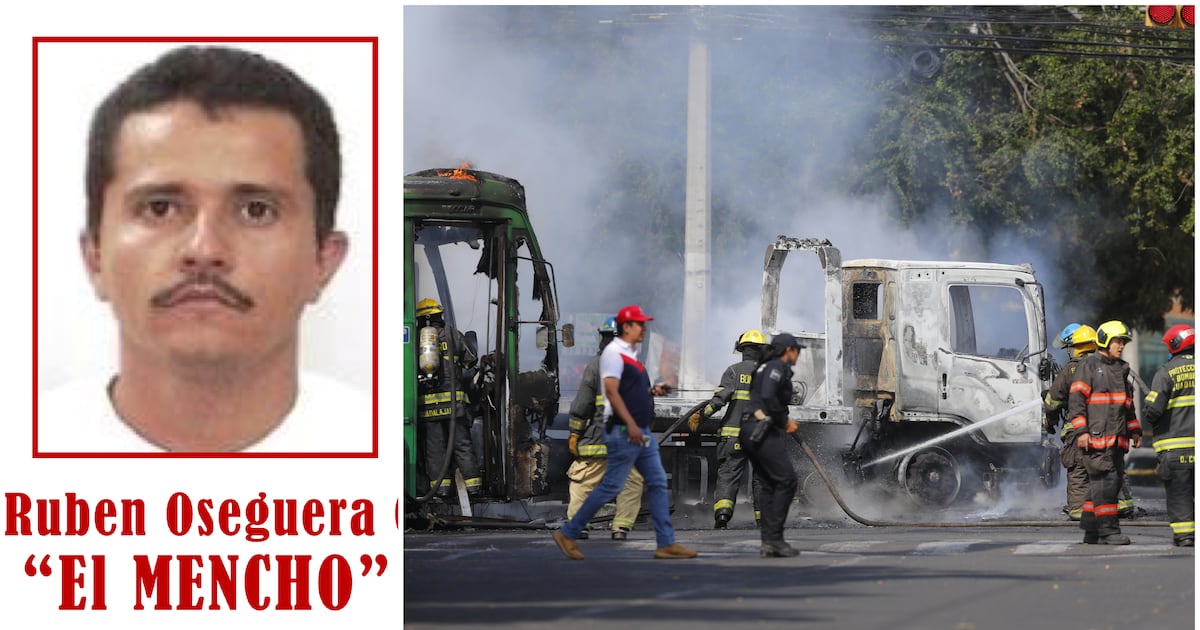As the nation prepares for the busiest holiday travel season since the beginning of the coronavirus pandemic two years ago, the White House has remained adamant that vaccination requirements for international travel to the United States are vital to preventing the spread of COVID-19.
Domestic travel, however, is still a free-for-all—despite increasing calls from public health experts and lawmakers to hold Americans traveling from Florida to the same standards expected of Americans traveling from France.
“If you go on the CDC website and look at what they say for domestic travel, they say delay travel until you’re fully vaccinated—that would imply that they think vaccination is a good thing to have before you get on an airplane,” said Dr. Timothy Brewer, a professor of epidemiology at UCLA’s Fielding School of Public Health and of Medicine. “There’s no medical or public health reason to assume that traveling on a domestic airplane is different from traveling on an international airplane.”
Under current rules implemented last month, almost all international travelers are required to submit proof of full vaccination, as well as a recent negative COVID-19 test, in order to travel to the United States. The Centers for Disease Control and Prevention also require airlines to keep track of “basic, valid contact information” for all international travelers in order to conduct contract tracing in the event of an outbreak. The rules apply to both foreign nationals and to American citizens living and traveling abroad.
But for Americans flying domestically, the only expectation is to wear a mask and not get belligerently drunk—and even those edicts have achieved mixed results. Now, with nationwide cases climbing steadily ahead of anticipated winter surges and amidst the spread of the Omicron variant, public health experts who have been advising the administration are growing frustrated with the White House’s continued position that domestic vaccination requirements for air travel aren’t necessary.
“It’s on the table at the White House,” said Professor Larry Gostin, director of the O’Neill Institute for National and Global Health Law at Georgetown Law Center. “But whether or not it’ll actually see the light of day? I’m doubtful.”
A spokesperson for the Department of Health and Human Services pushed back on the idea that political considerations have played a role in the decision not to implement a vaccine or testing mandate for domestic air travel, calling the international mandates a tool to “keep COVID cases out of this country and delays any possible new variant from coming into the country.”
“For domestic travelers, masking is an effective way to keep people safe and stop the spread of the virus which is why we require masking on all domestic flights and doubled the fines for noncompliance,” the spokesperson said. “We’re not going to take any options off the table, but we are already implementing a number of requirements that impact two-thirds of American workers, over 100 million people. We have strong systems in place – for both international and domestic travelers, and we will continue to follow the science to keep people safe.”
The Biden administration, which has a long-established history of dragging its feet on politically unpopular proof-of-vaccination requirements—even for its own staffers—has publicly indicated that while vaccine and testing requirements for domestic travel haven’t been entirely ruled out, it’s in no rush to roll out any policy ahead of the busiest travel period of the year.
Dr. Anthony Fauci, the head of the National Institute of Health’s National Institute of Allergy and Infectious Diseases and President Joe Biden’s top medical adviser, told reporters on Dec. 1 that while it’s “a possibility” that vaccine requirements for all air travelers would be a way to further encourage vaccinations, “I’m not so sure we should say that that would be a requirement.”
“I would say what I’ve been saying all along—that we have 60 million people in this country who are not vaccinated who are eligible to be vaccinated,” Fauci continued. “Let’s get them vaccinated.”
That position—encouraging vaccinations while neglecting an obvious mechanism for incentivizing them—makes little sense to others who have advised the administration on pandemic strategy and response, who note that the three major American carriers already require vaccinations for crewmembers.
“I think the reason they won’t is because there would be a large political pushback to it,” said Gostin, who pointed to a Republican-led attempt by the Senate last week to overturn Biden’s vaccine mandate for private businesses as evidence that the issue is too fraught unless the pandemic takes a dramatic turn for the worse.
“That’s an indication of what would happen if we required vaccines for interstate travel,” Gostin said. “It reaches much deeper into the American psyche and the belief that the freedom to travel in America is limitless.”
The public health benefits of implementing a vaccine mandate for domestic air travel are, at least to pandemic experts, fairly obvious. Beyond protecting travelers from spreading or contracting COVID-19 while at the airport or aboard a plane—where masks are technically required by order of the Federal Aviation Administration but are often discarded or worn improperly in airports—domestic vaccination requirement would also help prevent the kinds of holiday super-spreader events that tend happen when a bunch of people from different parts of the country congregate.
“Let’s say you travel to New York from California, and you get infected with Omicron, and as you come back to San Francisco or Los Angeles and transmit to others, you’re going to introduce Omicron into a population where it wasn’t before,” said Brewer. “And we’ve known that since the beginning of the pandemic.”
It would be one matter if rates of infection were uniformly low across the United States, said Brewer. But with cases skyrocketing in New Hampshire and the Great Lakes, as well as the Southwest, many American hotspots present a greater potential threat than the countries from which travelers are actually required to be vaccinated.
“We don’t recommend people take malaria prophylaxis traveling around the United States, because you’re not going to get malaria in the United States. But if you’re going to certain parts of the tropical world where malaria transmission occurs, then yes, it makes sense to take malaria prophylaxis,” said Brewer. “The public health driver would be that there is some substantial differential risk, and given that the United States is one of the most affected countries in the world concerning COVID-19, it’s hard to know what that differential risk is.”
Epidemiologists and infectious disease experts have long been frustrated with what they see as politics playing an outsized role in pandemic response. The critiques have not been levied at a single party: the Trump administration’s public opposition to mask mandates and social distancing efforts was seen as exacerbating the worst days of the pandemic. But the Biden administration’s continued implementation of an order barring nearly all asylum claims at the southern border has been widely decried as an anti-immigration policy in public health’s clothing.
But while the repeal of vaccine mandates has become an animating feature of Republican politics since Biden took office, a domestic mandate is widely supported by the American public. A Harris Poll survey released in November found that 66 percent of respondents believed that all passengers on commercial aircraft should be asked to provide proof of vaccination.
Such a move would at least find support in the president’s own caucus. In a letter authored by Sen. Dianne Feinstein (D-CA) and Reps. Donald Beyer (D-VA) and Ritchie Torres (D-NY) and signed by nearly two dozen of their colleagues on the Hill, lawmakers called on Biden to implement a vaccine mandate on all domestic air travelers, calling it “a necessary and long overdue step toward ensuring all Americans feel safe and confident while traveling and reduce the chances of yet another devastating winter surge.”







